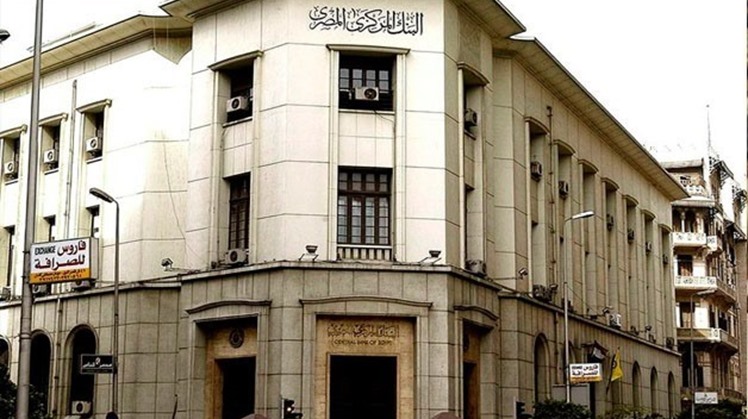CAIRO – 10 May 2020: “International institutions trust the ability of the Egyptian economy to positively deal with and overcome the coronavirus crisis, due to the economic reforms that were undertaken by the political leadership and supported by the Egyptian people, which allowed a degree of solidity for the economy, enabling it to deal with internal and external challenges and shocks,” Deputy Minister of Finance Ahmed Kojak stated.
This came during Kojaks’s meeting with representatives of the major international companies operating in Egypt via video conference. The meeting was organized by the American Chamber of Commerce and the American Development Organization "USAID".
Kojak added that the three major credit rating institutions, changed their assessment of about 47 emerging countries on March 1, 2020, reducing the credit rating and making a negative adjustment to more than 35 countries (11 percent in the Middle East and North Africa region).
He revealed that the credit rating was maintained for only 12 countries, including Egypt, where Standard & Poor's decided to install Egypt's rating in the local and foreign currencies, at “B” level with a stable outlook for the Egyptian economy, for Egypt to become one of the two countries in the MENA region, whose credit rating and economy future outlook are maintained.
Kojak noted that credit rating institutions have not improved any country's credit rating at all since the beginning of the corona crisis.
He explained that the International Monetary Fund (IMF) announced in April 2020, to maintain positive estimates of the growth of the Egyptian economy during the current fiscal year at 2 percent, which is one of the highest growth rates in the region and emerging countries; despite reducing the estimates of global growth rates, of Egypt and all countries in the region to negative rates. This indicates the ability of the Egyptian economy to deal positively with challenges and shocks.
Kojak further clarified that the government adopted a pre-emptive policy to manage the corona crisis and deal positively and quickly with its repercussions by providing a financial package in support of the Egyptian economy amounting to about 2 percent of GDP. This is in addition to the harmony of the fiscal and monetary policy in managing liquidity and maintaining the reform path of the national economy, while increasing expenditure on the health sector to provide health care to citizens and limit the spread of this global epidemic.
Deputy Finance Minister Kojak pointed out that many facilities have been provided in support of the most affected economic sectors such as industry, export activities, tourism and aviation in exchange for the commitment of companies operating in these sectors to maintain employment.
Hence, the natural gas and electricity prices have been reduced for companies operating in the industrial sector, providing a guarantee of LE 3 billion in favor of the central bank for banks to provide credit facilities for tourist and hotel establishments to pay the salaries of employees and finance some of the basic needs of those establishments during the crisis. These establishments might also benefit from delaying the payments due before the end of April, as is the practice each year.
He emphasized that the first half of the current fiscal year 2019/2020 witnessed an improvement in the indicators of economic performance as the growth rate reached 5.5 percent and recorded 5 percent during the period from January to March 2020, according to the Ministry of Planning and Development announced Economic,
Kojak also referred to the decline in the unemployment rates to about 8 percent at the end of March 2020, and the achievement of an initial surplus of LE 40.4 billion, compared to LE 35.6 billion during the same period in the previous fiscal year.
“The tax revenue from non-sovereign entities increased to 7 percent, about LE 412 billion; and this is before the economic activity was affected by the repercussions of the corona pandemic,” he added.
Moreover, Kojak pointed out to an improvement in the net relationship between the public treasury and the oil sector to achieve a surplus in favor of the treasury by more than LE 20 billion for the first time in years. This is in addition to the increase in the allocations of government investments to about LE 113 billion pounds, including LE 89 billion Investments funded by the treasury, with an annual increase of 23.2 percent compared to the previous year, and an increase in provisions for the purchase of goods and services by 8.5 percent.
He referred to the improvement of the economic performance indicators of companies operating in the private sector in May compared to April, according to data of the PMI for Egypt released on June 3. The data measure the opinions of more than 400 companies from the largest private sector companies operating in Egypt in the field of manufacturing, construction and construction Domestic trade, retail and services.
The survey showed the index increased to 40.7 points in May, compared to 29.7 points last April due to the relatively high employment rates of many companies.
 Wed, Jun. 10, 2020
Wed, Jun. 10, 2020